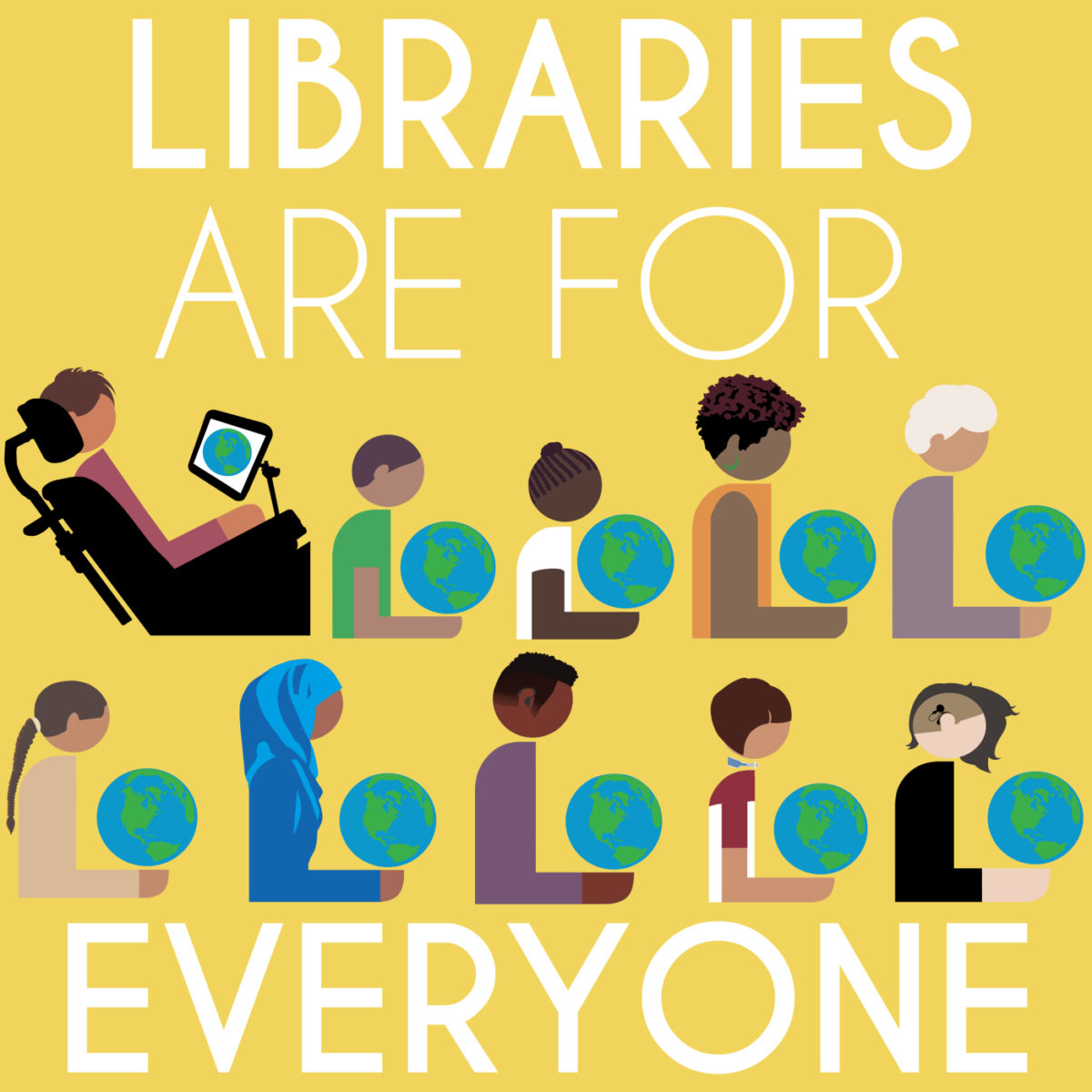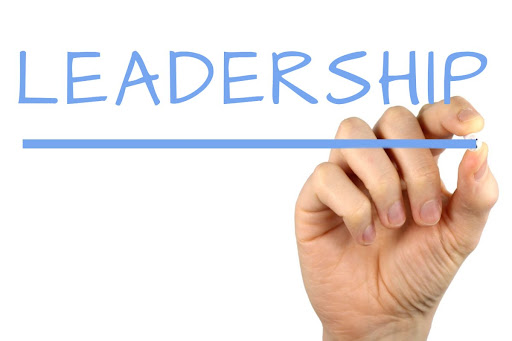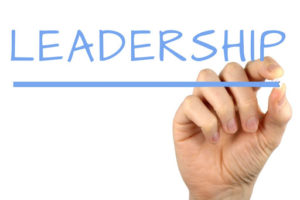Learning from mistakes and adopting a growth mindset are important for achieving success in both personal and professional goals. Embracing these principles not only increases resilience but also fosters continuous improvement and development.
A growth mindset, a concept popularized by psychologist Carol Dweck, is the belief that abilities and intelligence can be developed through effort and learning. Individuals with a growth mindset view challenges as opportunities to grow rather than obstacles. This perspective encourages them to take risks and embrace new experiences, knowing that mistakes are part of the learning process.
Mistakes, while often viewed negatively, are valuable learning opportunities. When individuals make errors, they gain insights that can lead to better decision-making in the future. Instead of dwelling on failures, those with a growth mindset analyze what went wrong and why. This reflective process encourages a deeper understanding of their strengths and weaknesses. This allows them to adjust their strategies and methods moving forward.
Furthermore, learning from mistakes promotes resilience. Instead of feeling defeated by setbacks, individuals can cultivate a sense of perseverance. Each mistake can be reframed as a stepping stone toward success. This resilience is essential in a world where challenges and failures are unavoidable. By developing the ability to bounce back, individuals can maintain motivation and continue working toward their goals.
A growth mindset also encourages a love of learning. Individuals become curious and open to feedback, seeking out opportunities for growth and improvement. This eagerness to learn can lead to the development of new skills and a deeper understanding of one’s field. As individuals continue to expand their knowledge and abilities, they position themselves for greater success.
In addition, cultivating a growth mindset promotes collaboration and support among peers. When individuals are open about their mistakes and willing to learn from each other, it creates an environment of trust and innovation. Team members are more likely to share ideas and take risks, leading to collective growth and success.
Learning from mistakes and embracing a growth mindset are vital for achieving success. By viewing challenges as opportunities for growth, individuals can develop resilience, foster a love of learning, and enhance collaboration. This approach not only leads to personal development but also contributes to a more innovative and dynamic environment. This sets the stage for lasting success in your career and personal life.
For more check out: KathyHusserTempe.com



 Continuing education is crucial for professionals at any stage of their careers, even after achieving a stable position. In today’s rapidly evolving job market, staying current with industry trends and advancements is essential. Ongoing learning helps you adapt to changes in technology, regulations, and best practices. This ensuring you are relevant and competitive in your role.
Continuing education is crucial for professionals at any stage of their careers, even after achieving a stable position. In today’s rapidly evolving job market, staying current with industry trends and advancements is essential. Ongoing learning helps you adapt to changes in technology, regulations, and best practices. This ensuring you are relevant and competitive in your role.


